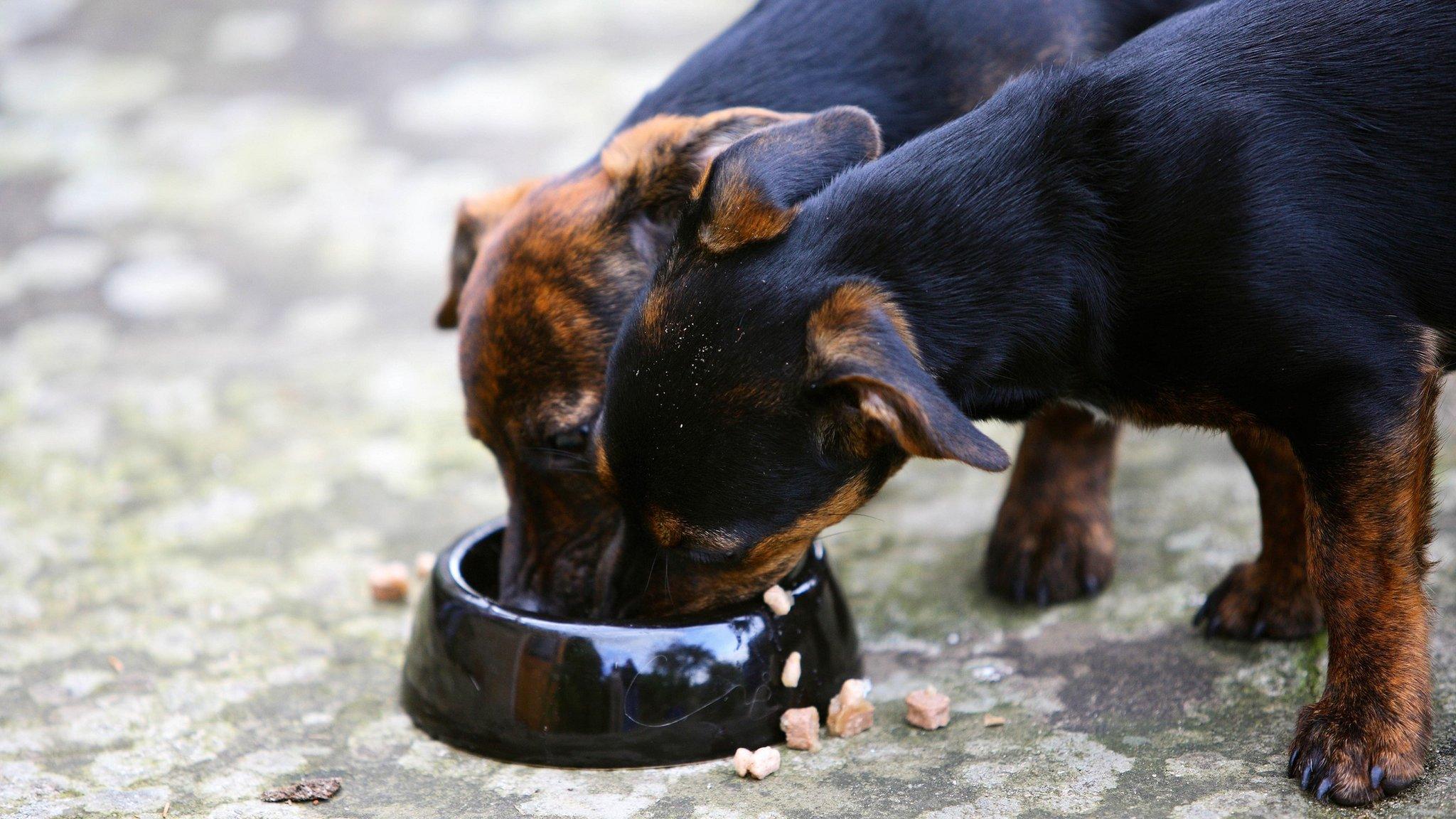How bugs from across the world are being used to help cleaning our water
- Published
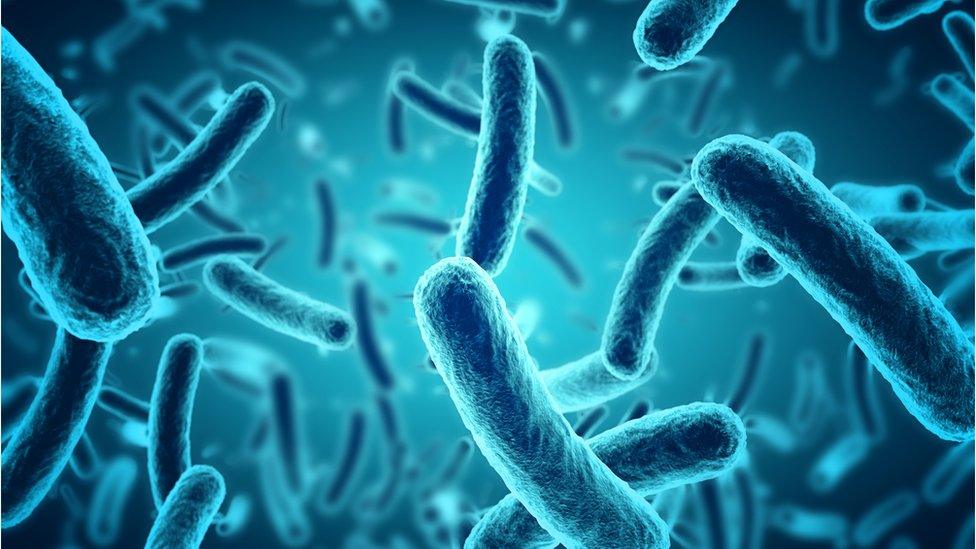
Bacteria are tiny single-celled organisms
Bacteria or 'bugs' from the other side of the world have been imported as a new approach to clean wastewater near Birmingham.
These helpers have a large appetite for ammonia, which is produced when the body eats and drinks and comes out when you go for a poo or a wee.
Therefore, the ammonia-eating bugs are excellent for removing it from wastewater, which is produced from things like flushing toilets, sinks, bath tubs and showers.
As a result, these bugs will help water company Severn Trent Water treat sludge from a population of nearly 2.5 million people!
And it's eco-friendly too - according to the company, the Brazilian bugs have already contributed to a 15% reduction in power usage, as it reduces the amount of energy needed later on in the sewage treatment process, before it ends up in our rivers.
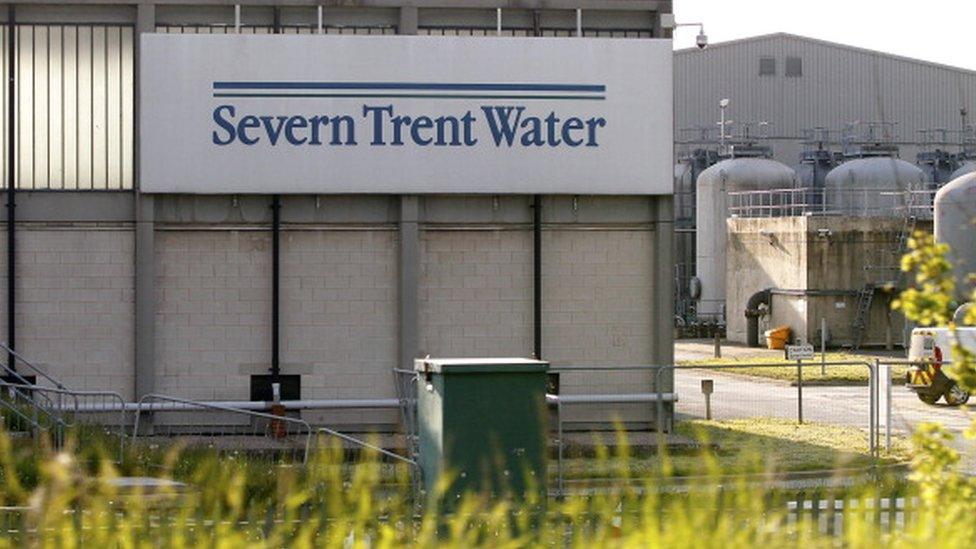
Severn Trent Water have reduced their carbon footprint by using bugs to treat water
The project manager of Severn Trent has said "This approach has reduced our operational costs and (our) carbon footprint".
However, it is not just bugs from Brazil who are helping to clean our water, as Severn Trent have also recently used bugs from the Netherlands who they say have been just as helpful.
- Published19 November 2019
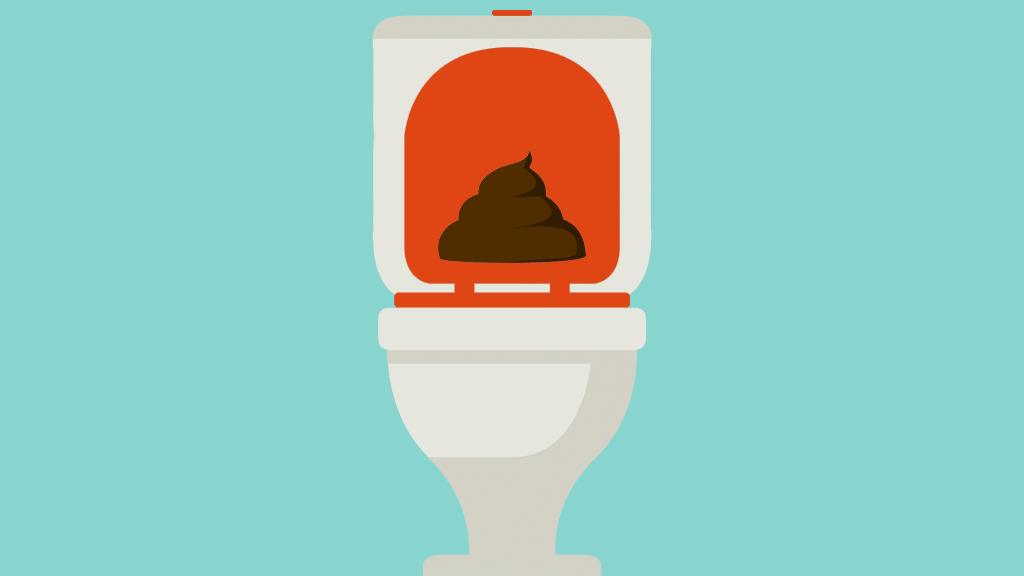
- Published28 June 2018
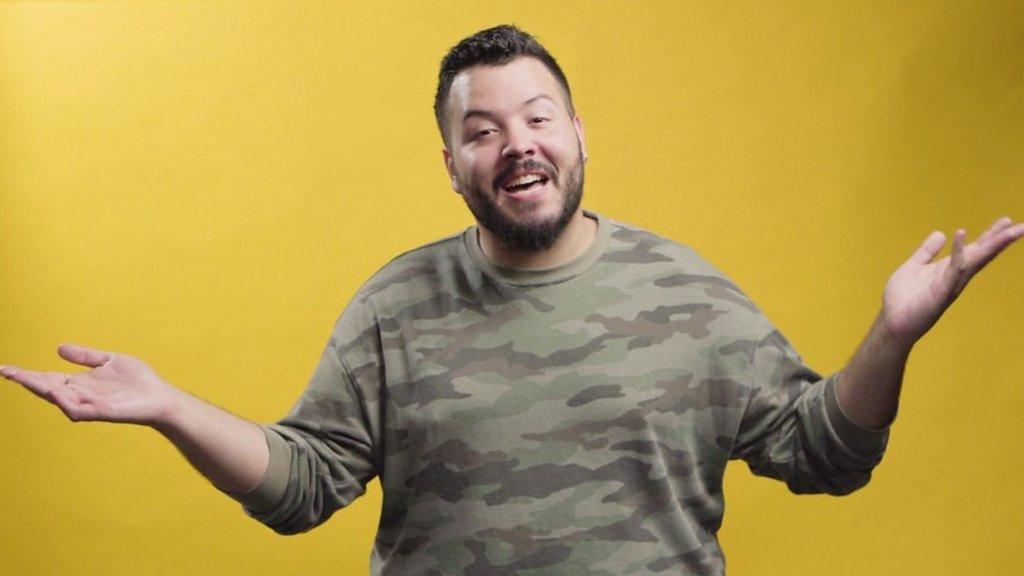
- Published6 September 2019
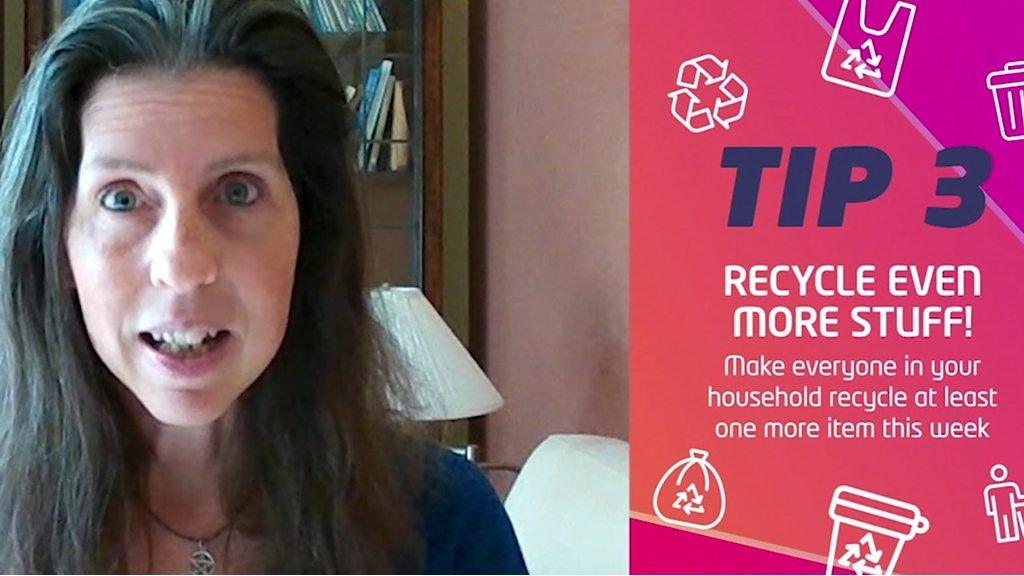
- Published19 November 2019
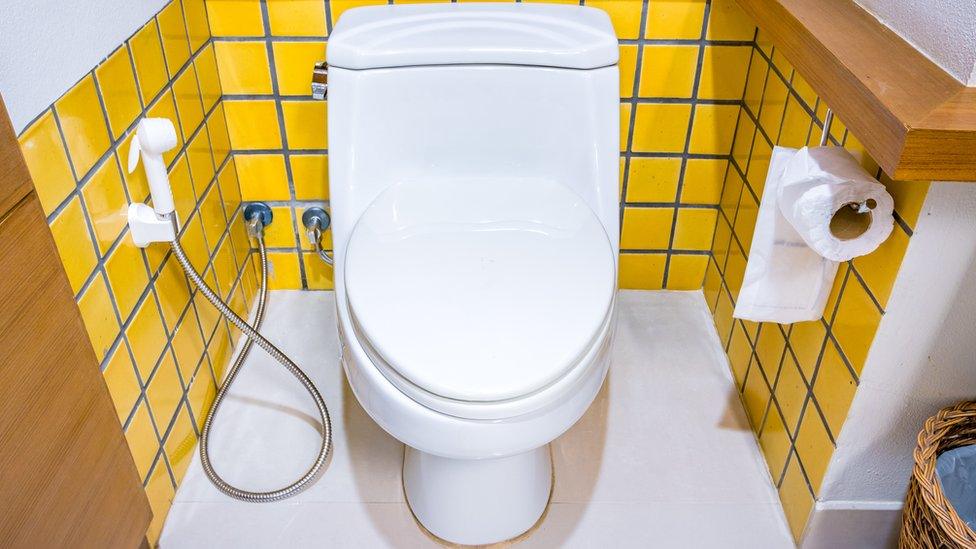
- Published10 January 2019
